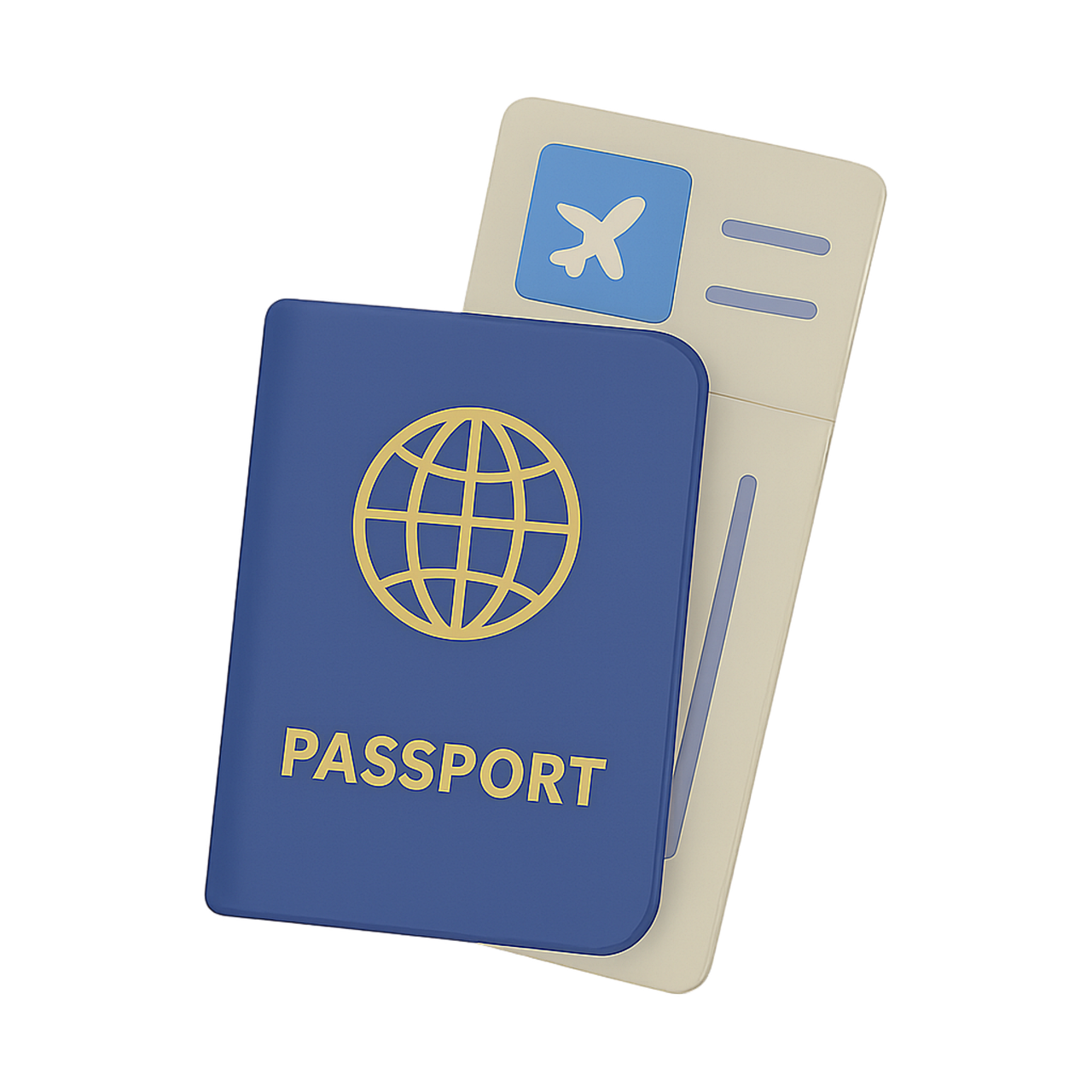Immigration Rules 2025: What Foreign Nationals, Carriers, and Businesses Need to Know

Introduction
On 1 September 2025, the Ministry of Home Affairs (MHA) notified the Immigration and Foreigners Rules, 2025 vide G.S.R. 596(E). These Rules have been issued under the recently enacted Immigration and Foreigners Act, 2025, which consolidates and modernises India’s immigration law framework. Together, the Act and the Rules provide a single, comprehensive code governing the entry, stay, movement, and exit of foreign nationals in India, as well as the obligations of carriers and immigration authorities.
Table of Contents
Legislative Background
India’s immigration framework was previously governed by a patchwork of statutes and executive orders, notably the Foreigners Act, 1946, the Passport (Entry into India) Act, 1920, and various subordinate rules. This fragmented regime often led to duplication, ambiguities, and compliance challenges.
The Immigration and Foreigners Act, 2025 received presidential assent earlier this year and formally came into effect on 1 September 2025. The Immigration and Foreigners Rules, 2025 operationalise this Act, laying down detailed procedures, roles, and compliance requirements.
Key Features of the Immigration and Foreigners Rules, 2025
- Institutional Framework and Authority
The Rules formally designate the Bureau of Immigration (BoI) as the nodal body for implementation and enforcement of the Act. They specify the roles, functions, and powers of Immigration Officers stationed at authorised ports of entry and exit. The framework also standardises the use of forms and documentation, ensuring uniformity across immigration procedures nationwide.
- Regulation of Entry, Stay and Exit of Foreign Nationals
The Rules lay down the conditions governing entry, stay, movement, and departure of foreign nationals. Foreigners are required to carry valid passports, visas, or other prescribed travel documents. Provisions have been included for refusal of entry, cancellation of permits, and deportation procedures, thereby consolidating the grounds under which immigration authorities may intervene.
- Obligations of Carriers
A major compliance shift under the Rules is the enhanced responsibility of airlines, shipping companies, and other carriers. Carriers are now required to provide Advance Passenger Information (API), Passenger Name Record (PNR) data, and a General Declaration before each departure. Departure clearance will only be granted after verification by an Immigration Officer. Carriers failing to comply may face significant penalties, making this a critical compliance area for the transport sector.
- Technology-Enabled Oversight
The Rules provide for a technology-driven immigration system. This includes the integration of biometric verification, digitised records, and centralised databases to ensure real-time monitoring of all entries and exits. Such measures are aimed at strengthening border security while also streamlining passenger processing through automation.
- Penalty and Enforcement Regime
To deter violations, the Rules prescribe stringent penalties. These include punishments for the use of forged or fraudulent travel documents, violations of immigration directions, and carrier non-compliance with data-sharing mandates. This represents a significant escalation of enforcement, signalling the government’s intent to maintain strict control over immigration flows.
Significance of the Rules
- Single Framework: Replaces the earlier fragmented laws with a consolidated, modern statute and uniform rules.
- Operational Clarity: Clearly defines the procedures and responsibilities of immigration authorities, carriers, and foreign nationals.
- Enhanced Border Security: Introduces real-time data integration, advance information systems, and biometric tools.
- Corporate & Institutional Impact: Employers, universities, and carriers hosting or transporting foreign nationals will need to update compliance processes.
- Legal Exposure: The penalty regime significantly raises the compliance stakes for both individuals and entities.
Compliance Responsibilities of Stakeholders
The new Rules will have a direct bearing on multiple stakeholder groups. Foreign nationals will now be required to exercise far greater care in maintaining valid travel documents and visas, as non-compliance may lead to refusal of entry, deportation, or monetary penalties. For carriers such as airlines and shipping operators, the Rules impose mandatory obligations to share passenger information in advance, including API, PNR data, and a general declaration, with departure clearance contingent on immigration verification; this will necessitate significant system upgrades and tighter compliance processes.
Employers and businesses engaging foreign employees, consultants, or contractors must reassess their immigration compliance protocols to ensure that visa conditions are fully observed, thereby reducing legal and reputational risks. Finally, for legal practitioners, the Rules are expected to generate an uptick in disputes relating to deportation orders, blacklisting decisions, penalties, and carrier liabilities, opening new areas of advisory and litigation work.
Conclusion
The Immigration and Foreigners Rules, 2025 mark a significant moment in India’s immigration governance. By centralising authority, mandating carrier compliance, and tightening enforcement through technology-driven oversight, the Rules aim to ensure secure, transparent, and efficient management of foreign nationals. For corporates, carriers, and individuals alike, these Rules represent not just a compliance requirement but a fundamental shift in the way immigration law is administered in India.
For more details, write to us at: contact@indialaw.in
By entering the email address you agree to our Privacy Policy.



